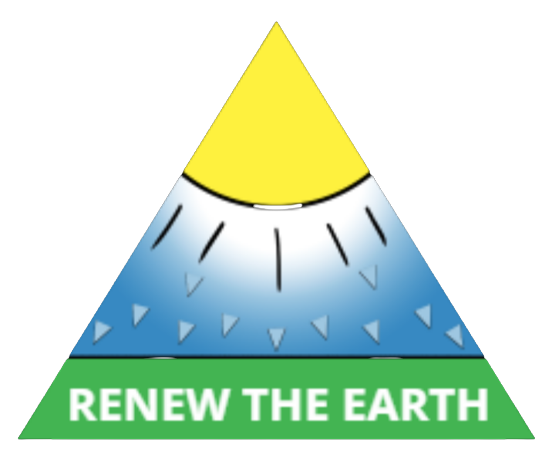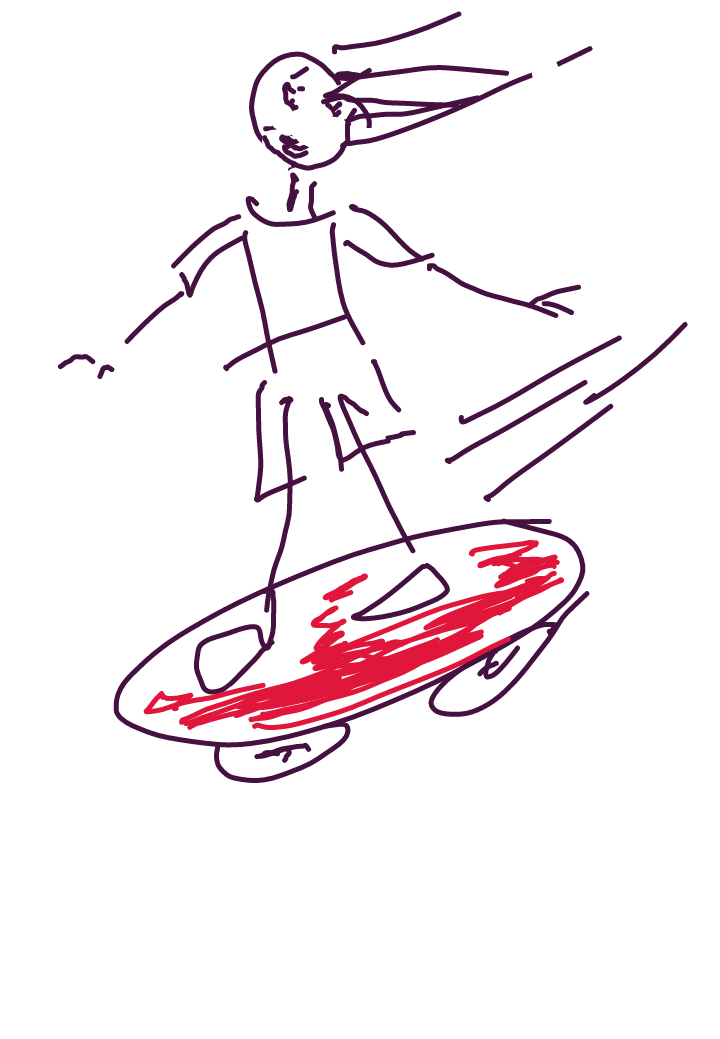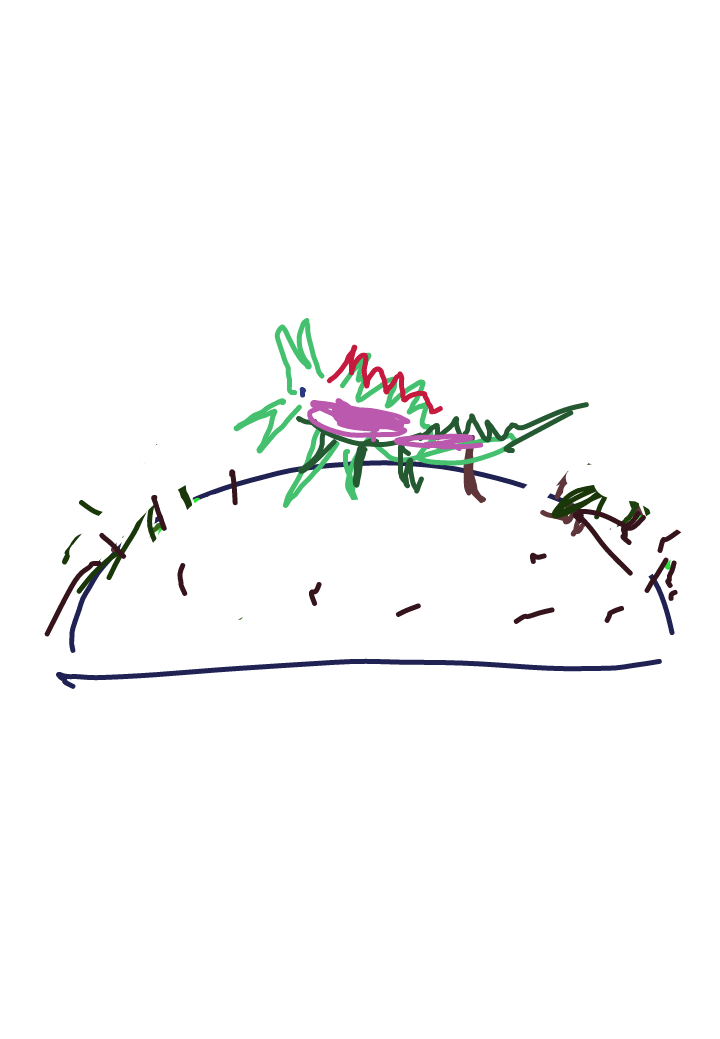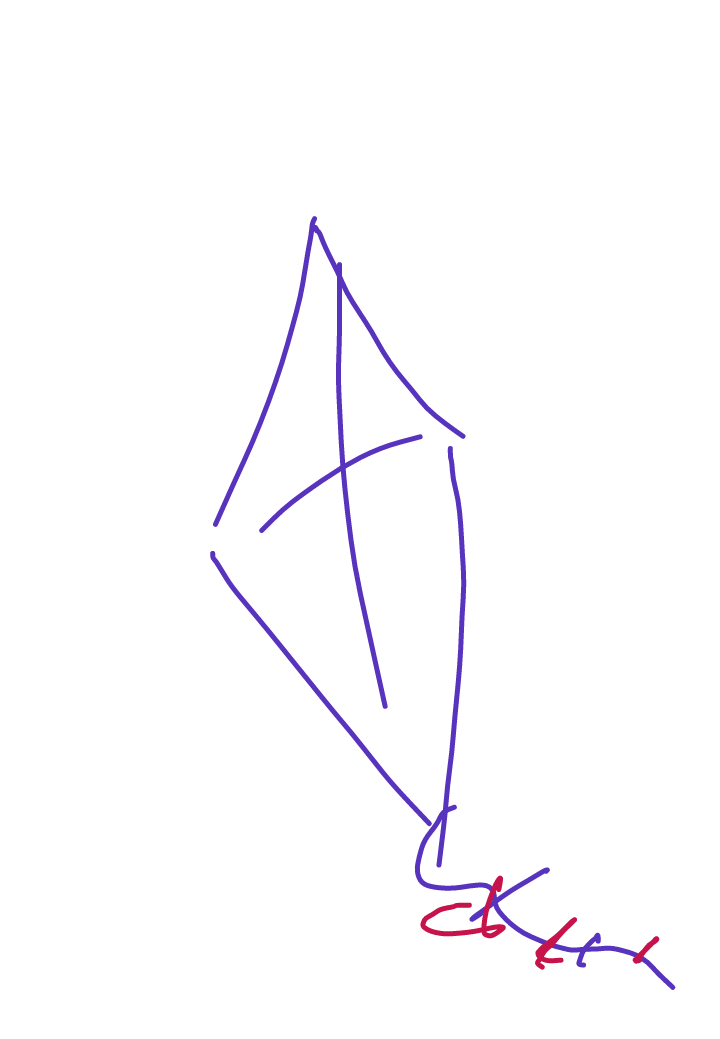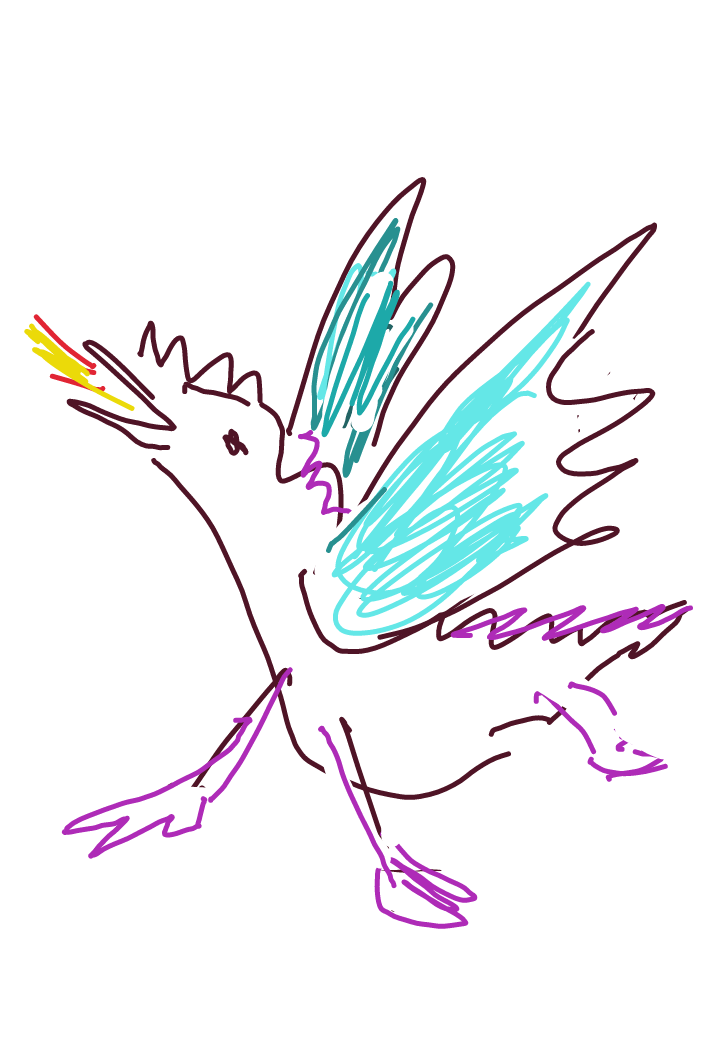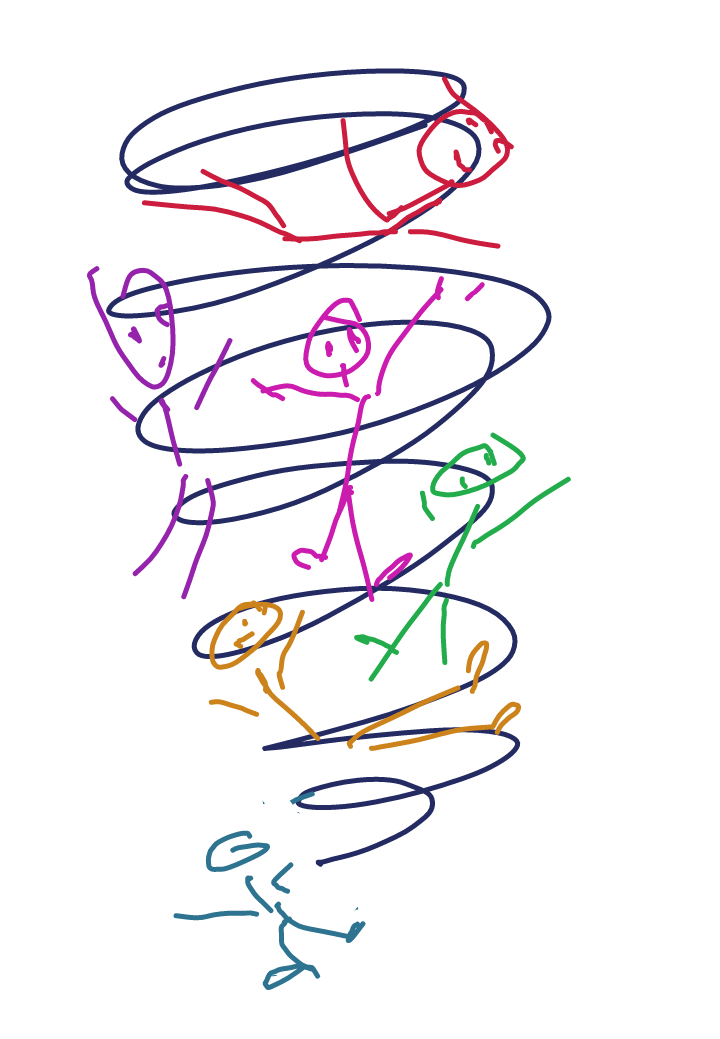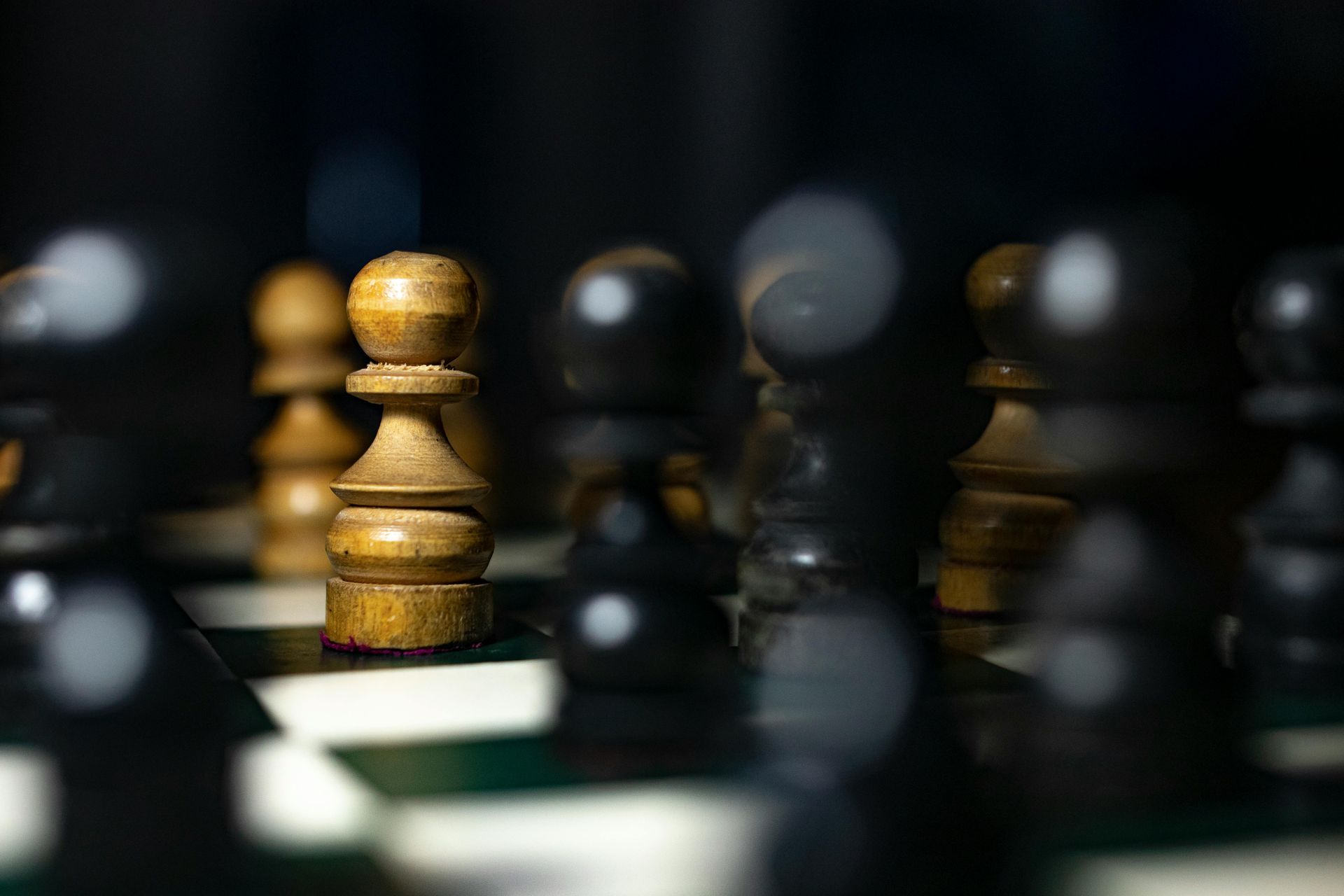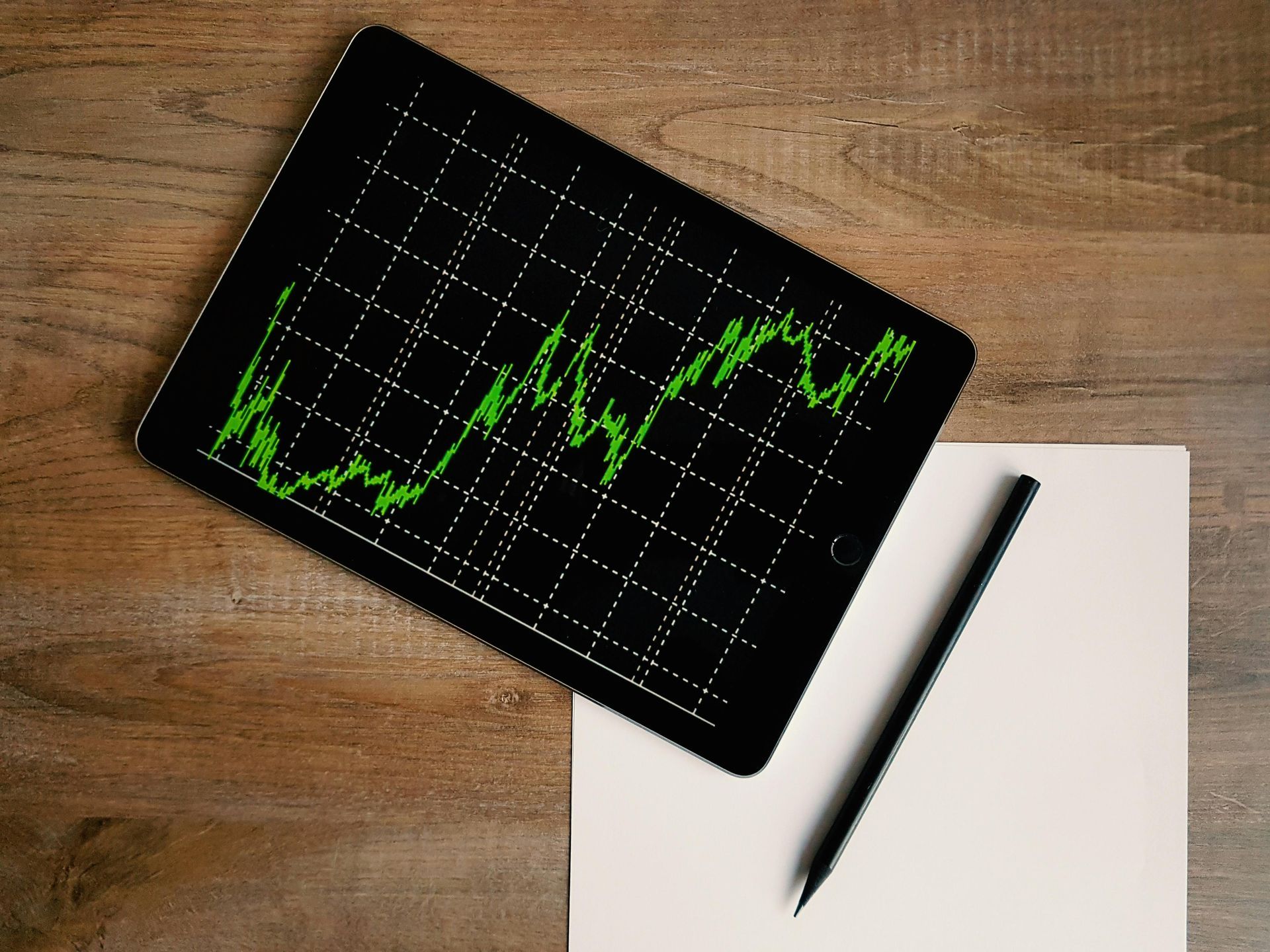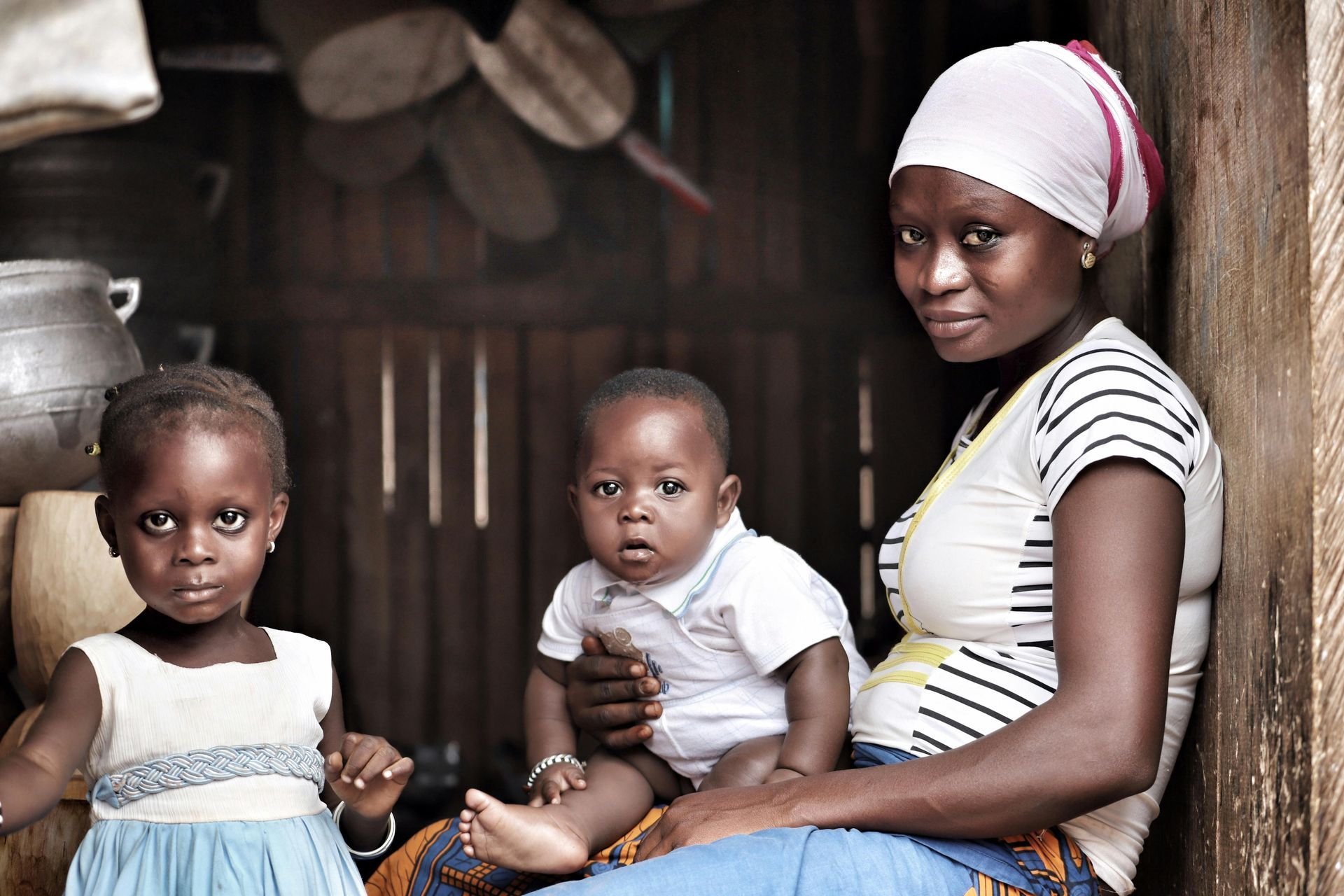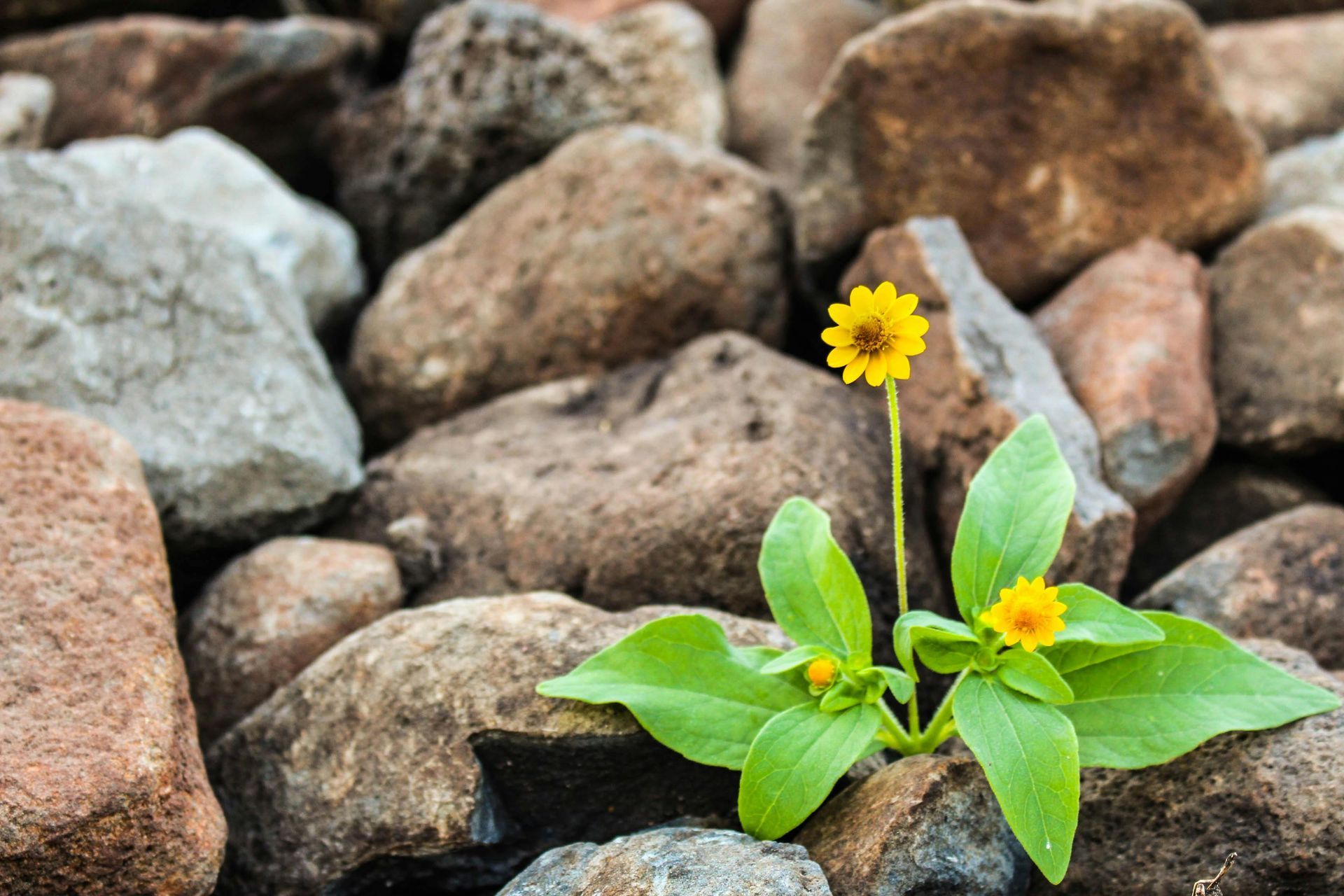Earthlings Letter #12 – Diversity
In this letter I want to talk about diversity, a word which means “a range or variety of different things”. And I think this will be the final letter in this series of Earthling Letters. There will be more letters in the future and you can be sure that they will all be about nature and being curious!
I want to end this series of letters with the topic of diversity because I feel it is central to everything that I have tried to say in previous letters. Diversity causes change and change never stops. Change is a way of life, and has an important purpose; helping life survive. If we try to find a constant in nature it would be the changes made by the interactions created by diverse things. But, how can change be constant? Doesn’t constant mean that things remain unchanged? Sometimes a thing can be constant or true, even though it keeps changing. The movement of the second hand of a clock keeps telling us time, which we accept as true time, moment to moment into the future. Our Earth is in constant motion orbiting the sun and rotating on its axis, changing day and night, cold and heat, as it goes.
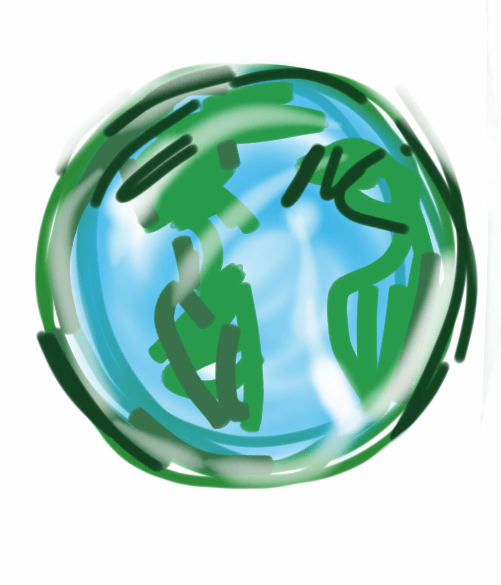
We don’t feel this motion because we are being carried at the same speed as the Earth moves, but we experience the climate changes and light changes it creates with its movement. Change can be in motion and still tell something true and constant about life. Nature is constant and changing all around us. Life is a moving thing!
When life is diversifying and causing change this creates evolution, “to develop slowly to a more advanced state”, from the French word evolvere “to unroll”. It is doing what makes the survival of life possible. Nature uses diversity to evolve life forms, not towards a goal or finish line, but toward survival and equilibrium, “a state of balance”. But even balance is subject to change. You experience this when you are shifting your weight to stay on a skateboard and keep moving forward.
Evolution can be thought of as an extremely slow process of choosing within an infinity of diverse choices. The changes that diverse life interactions create make it possible for living things to balance or create equilibrium with each other… enough for each, for a moment, then more movement and evolution toward another moment of balance. Diversity helps life in many forms to live into the future and to continue the process of evolution.
When you stop to look around it is easy to see diversity everywhere. So many different trees, flowers, leaves, birds, people, insects, dogs and cats, on and on… Nature loves diversity, and life is constantly changing into different forms or slight modifications on old forms that adapt to new conditions. Yes, the conditions in which we are living, change too! Even the earth under our feet is moving very slowly. The plates that carry the continents are moving and bumping into each other beneath your feet! This results in new geology, “science that deals with Earth physical structure”. ( A subject for the next series of Earthling Letters!) This kind of change usually takes millions of years to effect life forms in any significant way. But fast change in the environment can happen too; like a hurricane. Then trees are torn from their places and some areas are scrapped clean of vegetation and animals. After the storm new plants, animals and insects have an opportunity to take over the stripped areas. They adapt in different ways than the old residents and sometimes become dominant.
One very important thing to keep in mind is that YOU are influencing evolution with your own life. The fact that you are living and doing things that you do everyday, is influencing evolution. You are alive and just your living is enough to change things you come in contact with. For instance, when you find something you are interested in, maybe you want to make a kite.
You start moving around gathering the things you will need, sticks, paper, string etc. You are generating movement and as you get more excited and involved in the project, movement becomes momentum, “the strength or force that something has when it is moving”. Momentum brings you in contact with a diversity of things, some familiar and some new, some related to your project and some unrelated. You are asking questions and making decisions with each move you make, will this work ? can I use this? who can I ask about this? More ideas come to your mind as you interact and collaborate with other people. Your activity creates activity in the things and people you contact and this is how your life changes life around you and creates its own small tornado of change. We already know how powerful change can be! Change changes change while it is seeking balance. We are all trying to stay on the skateboards!
OK, diversity is important for evolution but how does it help life survive? CHOICES. What if a dragon was chasing you and there was only one road you could run down to get away. Chances are good that you are not going to be able to run faster than a dragon can fly.
What if you had many roads to run down and they are all twisty and turny so you can dodge about till you come to a tunnel you can pop down before the dragon sees you and be very quiet, etc. The more options there are for avoiding the dragon the better your chances are to survive. When choice is limited, animals, plants, and people become more vulnerable. Yes, plants make choices too! Their movement is much slower and dependent on birds and wind and other things, to move their seeds around, but they are choosing in their own ways. A seed won’t grow where it doesn’t find the right conditions, enough water, warmth… A grown tree will die if conditions change around it so that there is not enough rain or sunlight. These are not the only things that plants need.
There are many things about the needs of plants that we still do not understand. And that is why you are here! You are living and thinking and you will contribute something that only comes from you to the understanding of each thing you do, people or animals or plants you interact with. You are a unique, “unlike anyone else”, person among a diversity of billions of people and other life forms. Your life tornado will meet and interact with countless other tornadoes during your lifetime. Welcome to the challenges and changes of diversity!

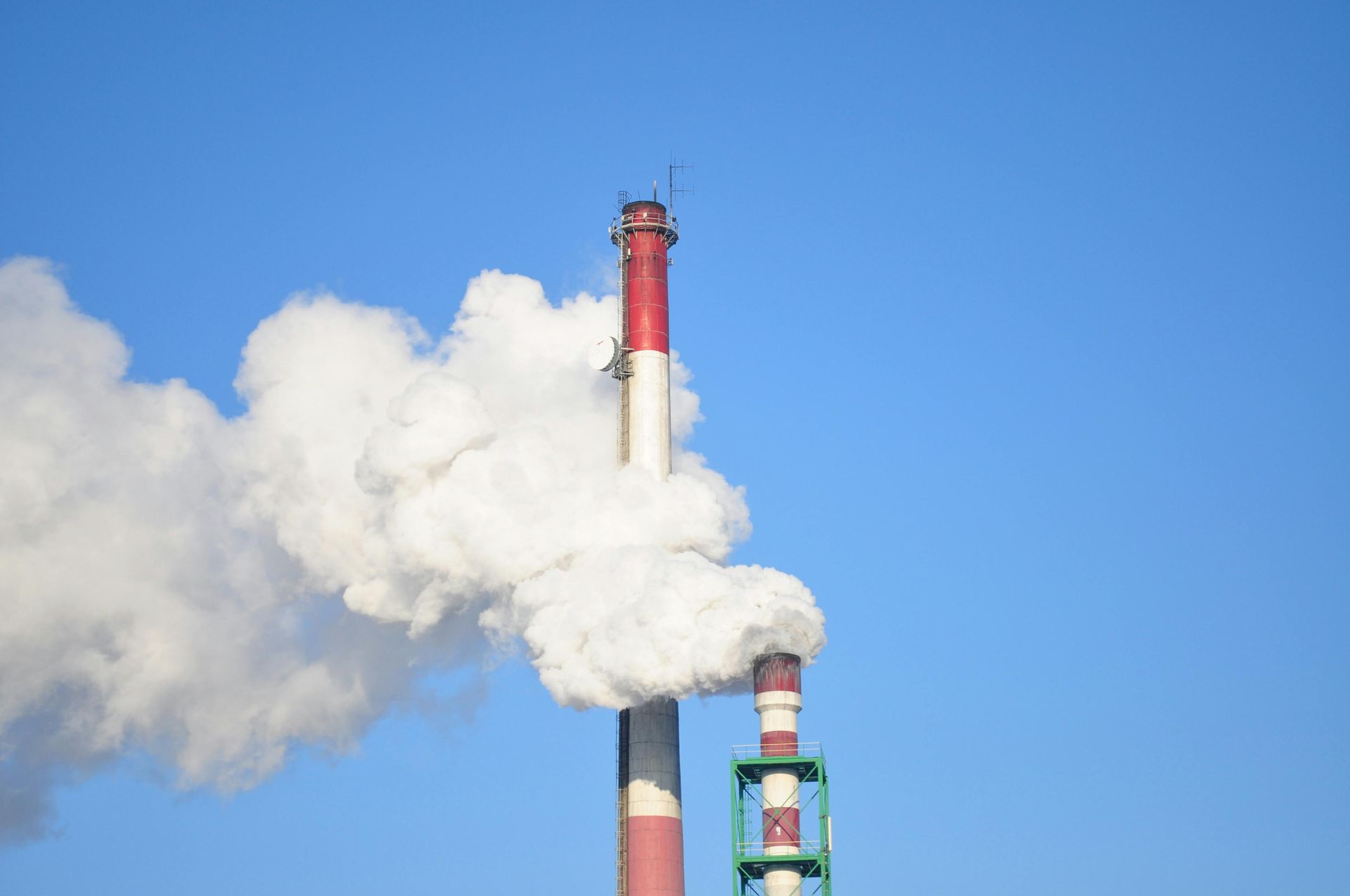
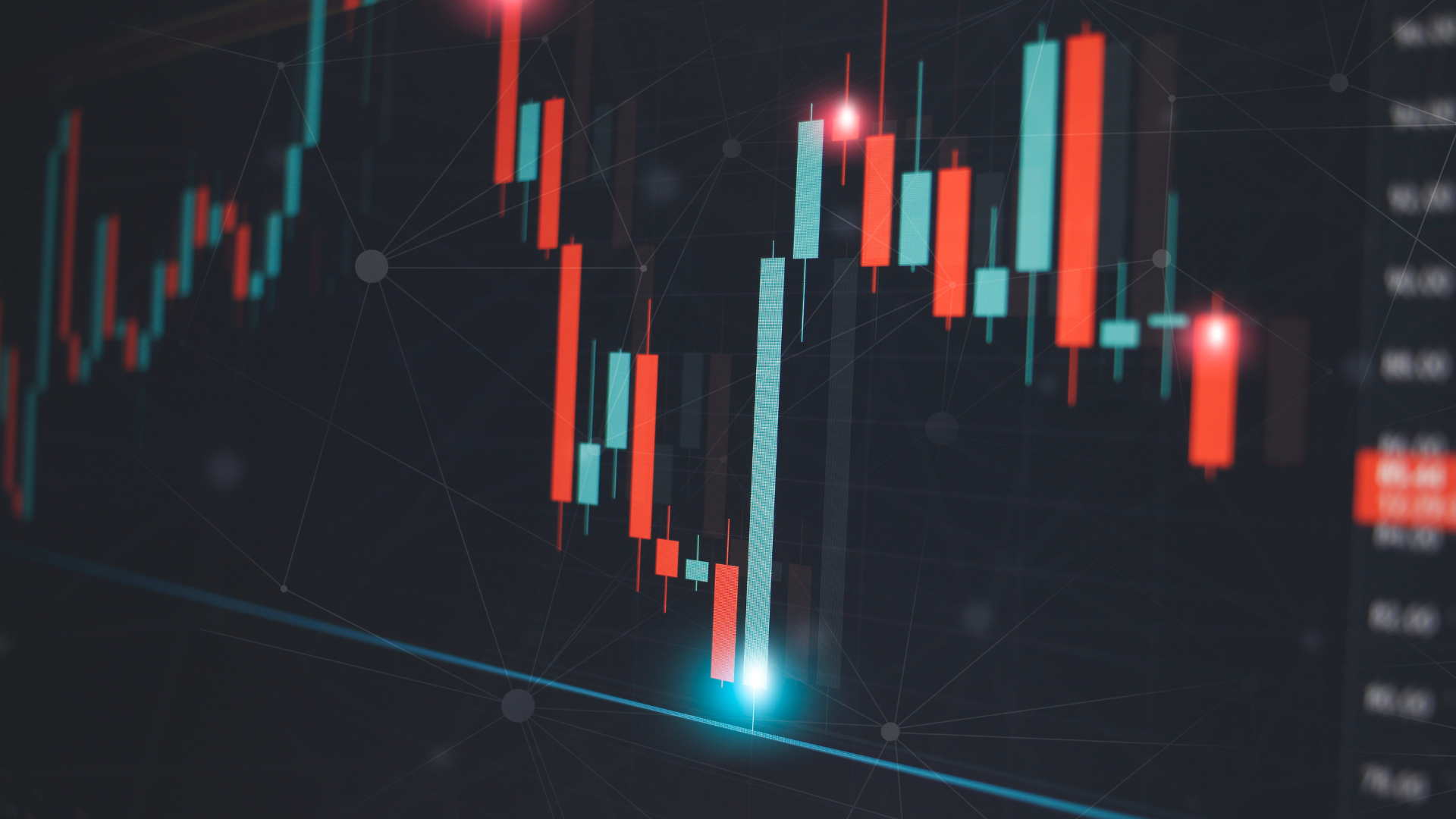
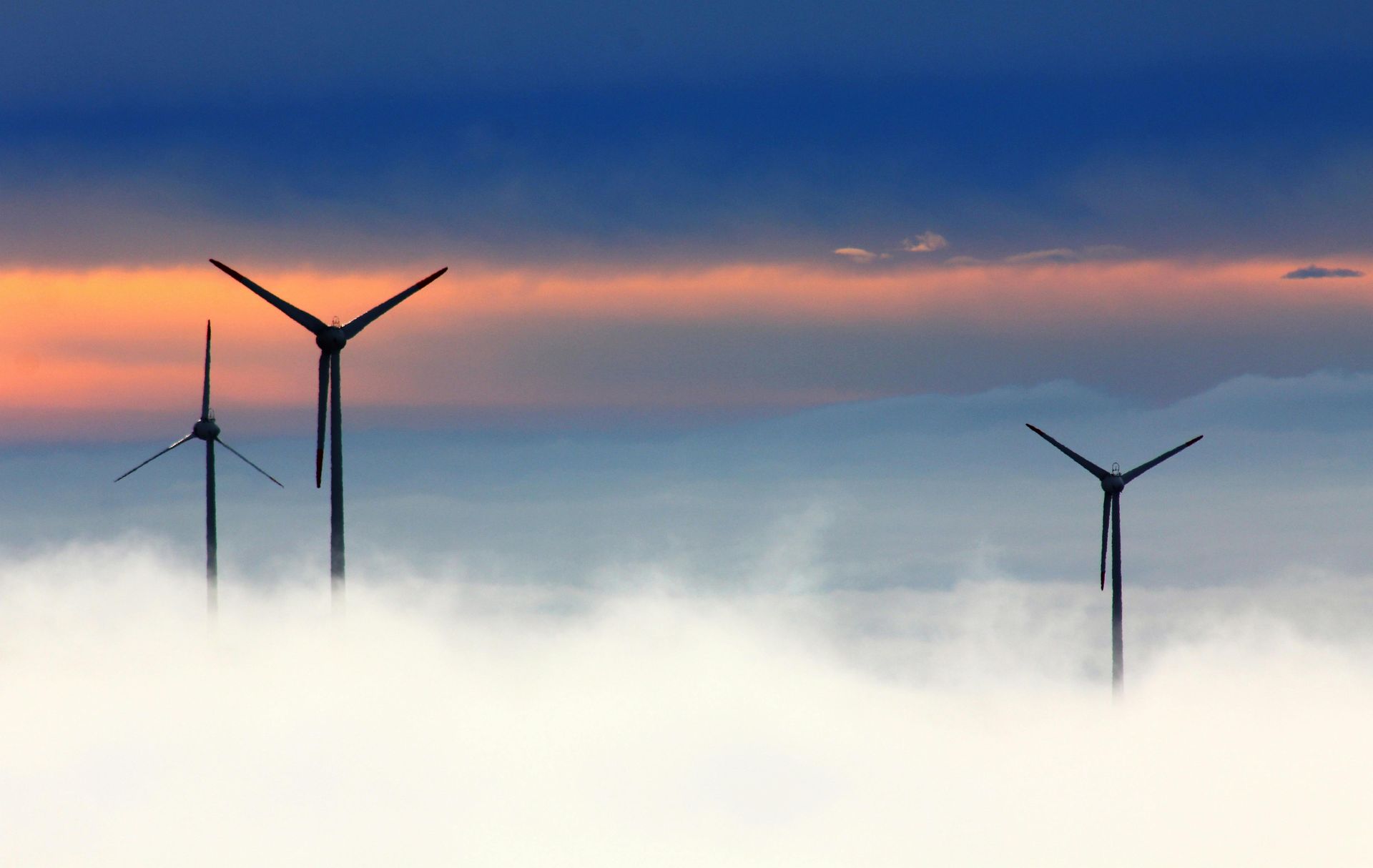
Contact Information
All Rights Reserved | Renew The Earth
